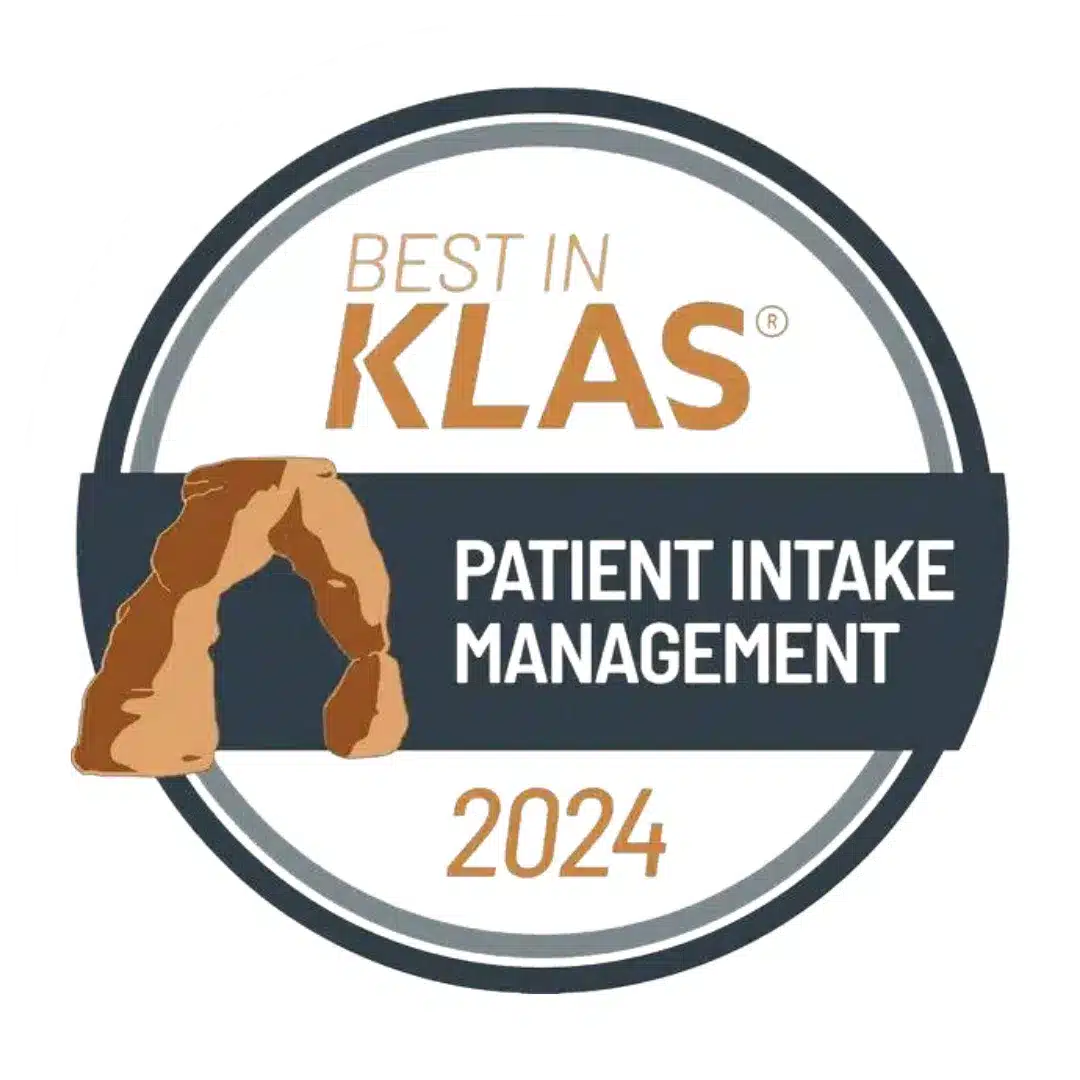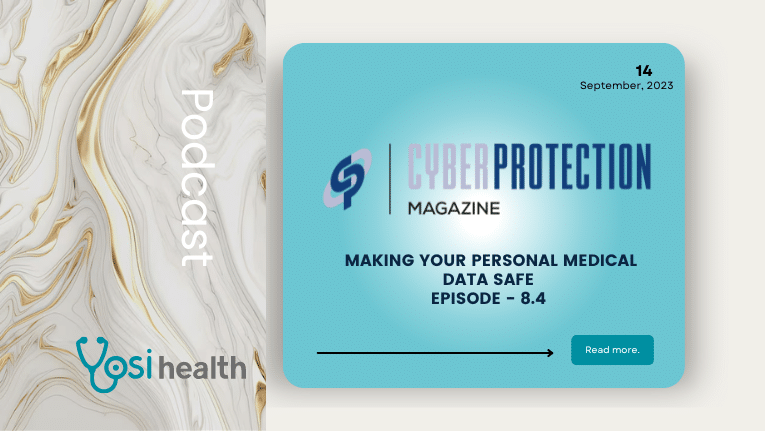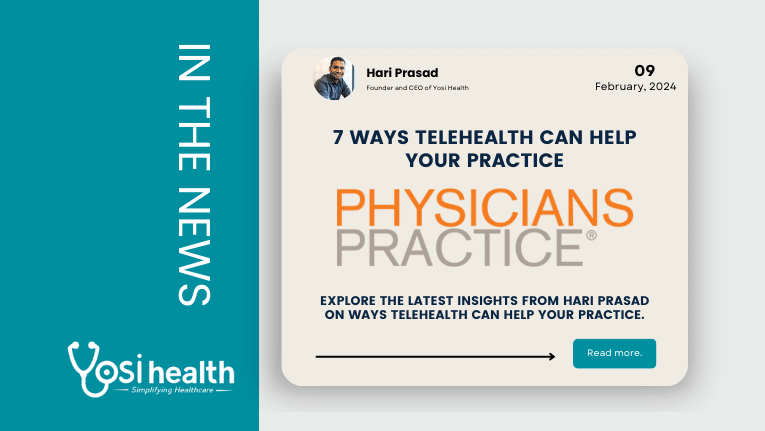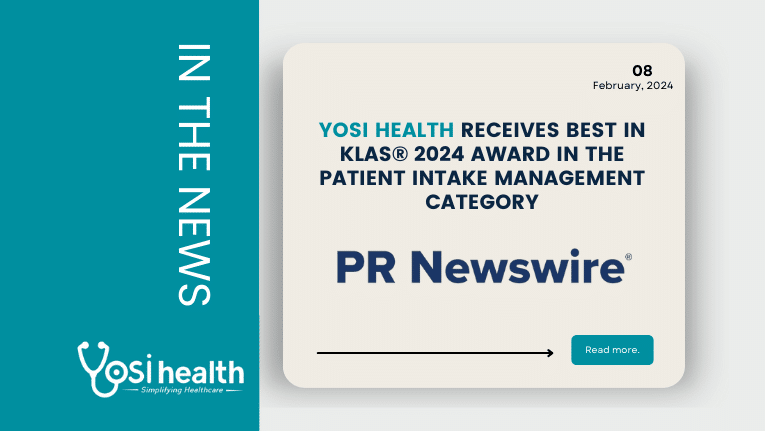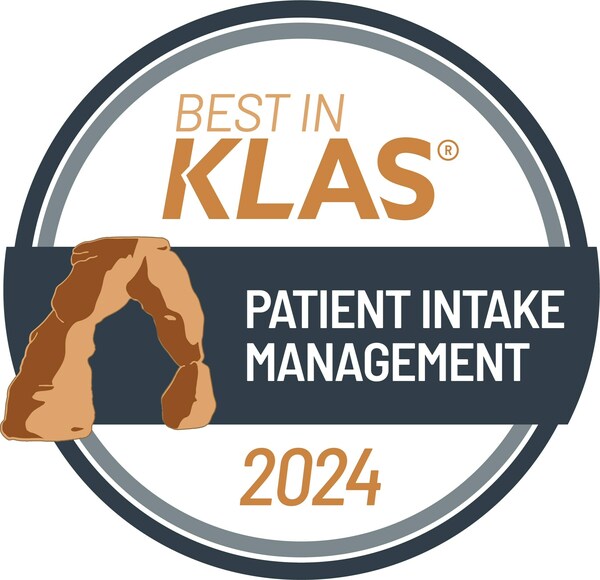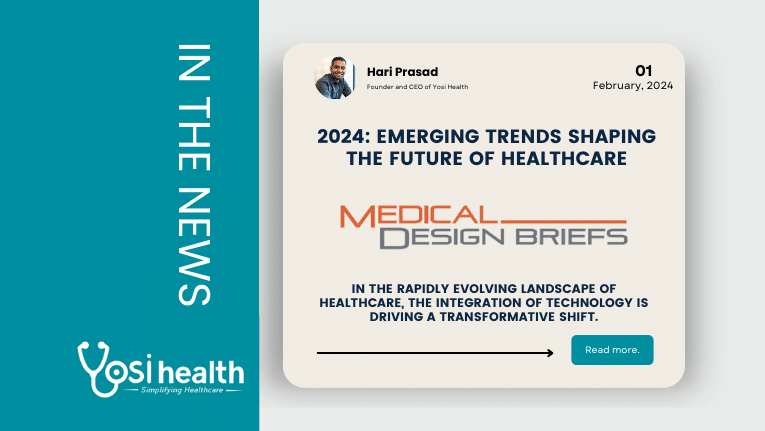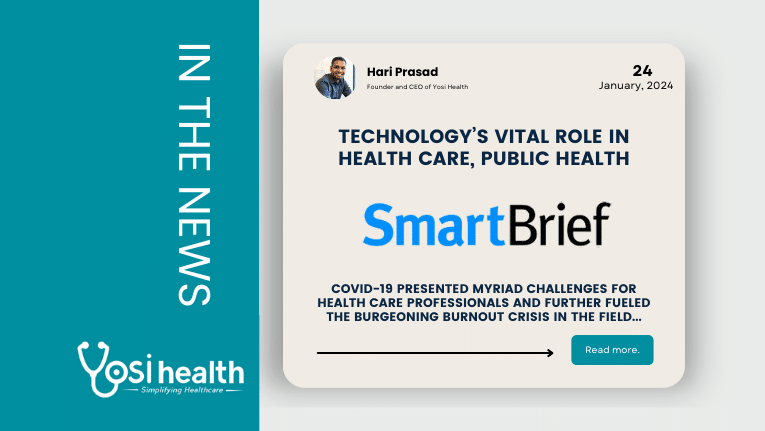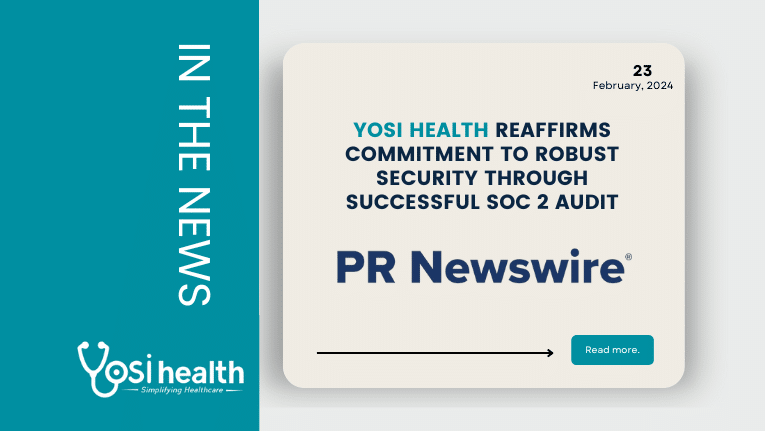
Best-in-class Security Combined with Award-winning Features Differentiate Yosi Health among Patient Engagement Solutions
NEW YORK, Feb. 23, 2024 /PRNewswire/ — Yosi Health, a leading provider of comprehensive digital healthcare solutions, announced today that it has successfully renewed its System and Organization Controls (SOC) 2 Type II compliance in accordance with American Institute of Certified Public Accountants (AICPA) standards for SOC for Service Organizations also known as SSAE 18.
Achieving this standard with an unqualified opinion serves as third-party industry validation that Yosi Health provides enterprise-level security for customers’ data secured within the Yosi platform. The renewed certification demonstrates Yosi Health’s commitment to safeguarding patient data and information. The SOC accreditation is a widely recognized and respected industry auditing standard.
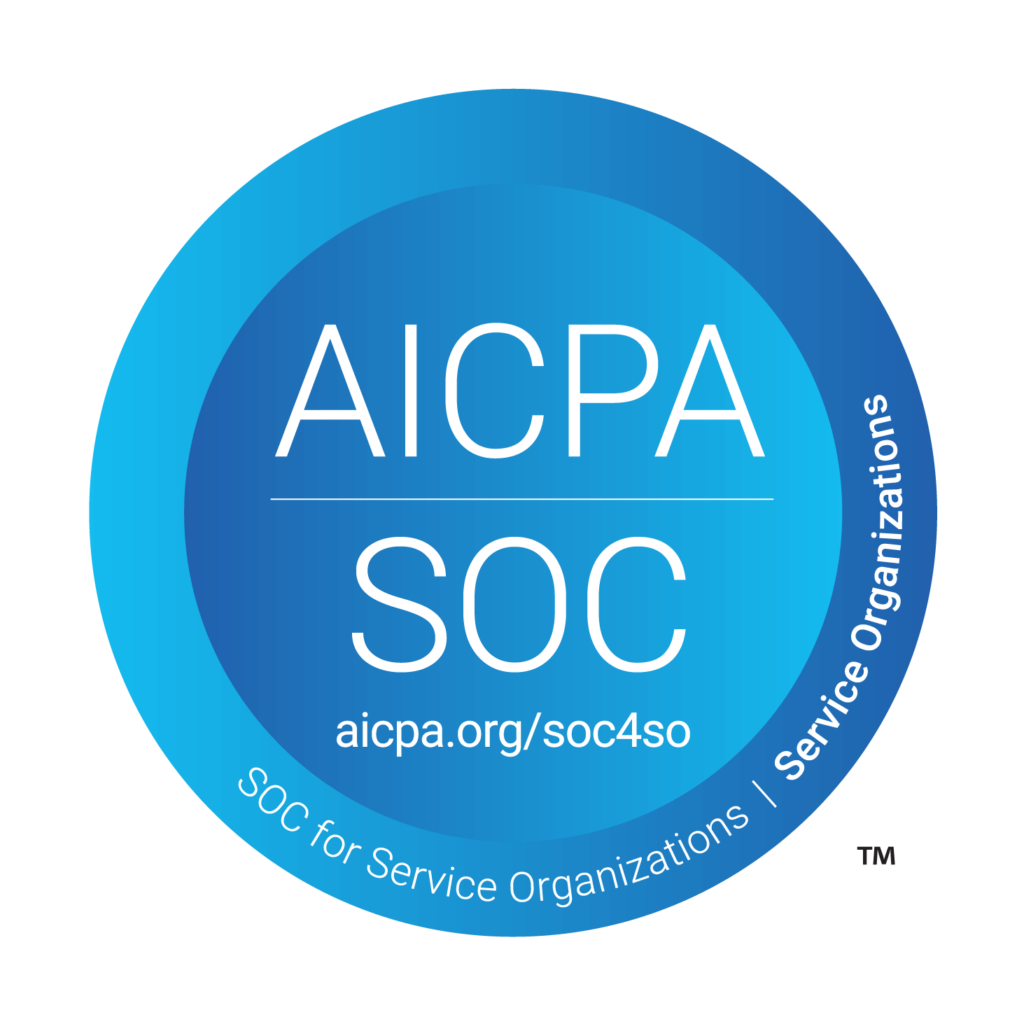
“This SOC 2 Type 2 report shows we have the best current controls in place to mitigate risks related to security and privacy in addition to our HIPAA Compliance,” said Hari Prasad, Founder and CEO of Yosi Health. “This crucial marketplace differentiator gives us a competitive edge, assuring our current and future customers that we manage their data with the highest standard of security and compliance while enhancing the patient, staff, and provider experiences.”
Further to security controls that exceed industry standards, Yosi regularly deploys third-party penetration testing and vulnerability scanning of all production and Internet-facing systems. Yosi’s cloud-based services use a patented isolation approach that provides maximum security – with complete customer isolation – in a modern, multi-tenant cloud architecture.
“The highest levels of operational security and integrity are central to the Yosi platform,” said Prasad. “We take data security very seriously in alignment with our pledge to managing patient data and privacy.”
For more information about the Yosi Health Patient Management platform visit: https://www.yosi.health
For more information about Prescient Assurance, you may reach out to them at info@prescientassurance.com.
About Prescient Assurance:
Prescient Assurance is a registered public accounting in the US and Canada and provides risk management and assurance services which includes but is not limited to SOC 2, PCI, ISO, NIST, GDPR, CCPA, HIPAA, and CSA STAR. Prescient Assurance is a leader in security and compliance attestation for B2B, SAAS companies worldwide.
About Yosi Health
Yosi Health is the leading patient engagement and workflow automation platform for busy clinics and care centers. Pioneering remote patient engagement since 2015, Yosi Health has been successfully reducing the cost of care for healthcare providers while improving patient outcomes.
Our award-winning, customizable, and cloud-based solutions are powering medical practices across all 50 States and is bi-directionally integrated with leading Electronic Medical Record (EMR) vendors in the US.
Yosi Health meets the highest patient privacy standards including HIPAA by being certified as SOC 2 Type 2 Security and PCI compliant in addition to being singled out as an ISV Advanced Technology Partner for Amazon Web Services (AWS); a highly selective program with stringent security requirements for induction.
Yosi Health has been recognized by its clients as Best in KLAS® 2024 Patient Intake Management vendor.
For more information, visit Yosi Health at www.yosi.health.
Hari Prasad is co-founder and CEO of Yosi Health.
To read the full article, Click Here
